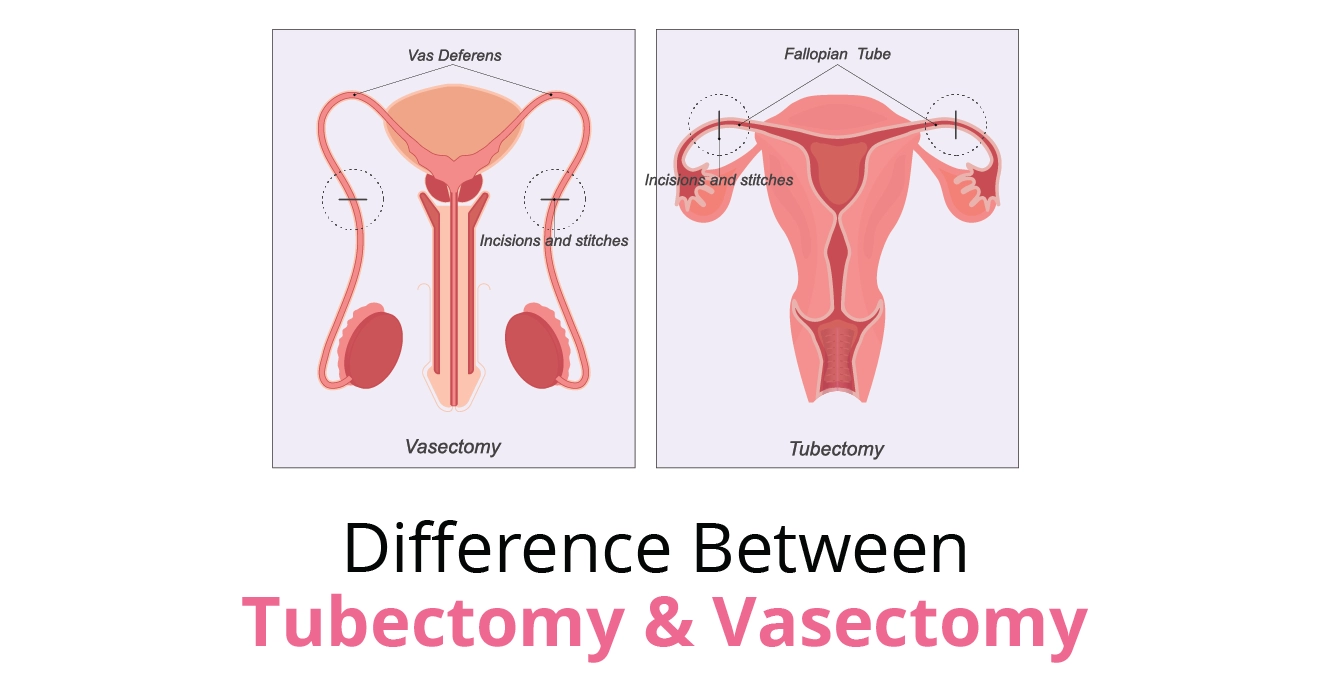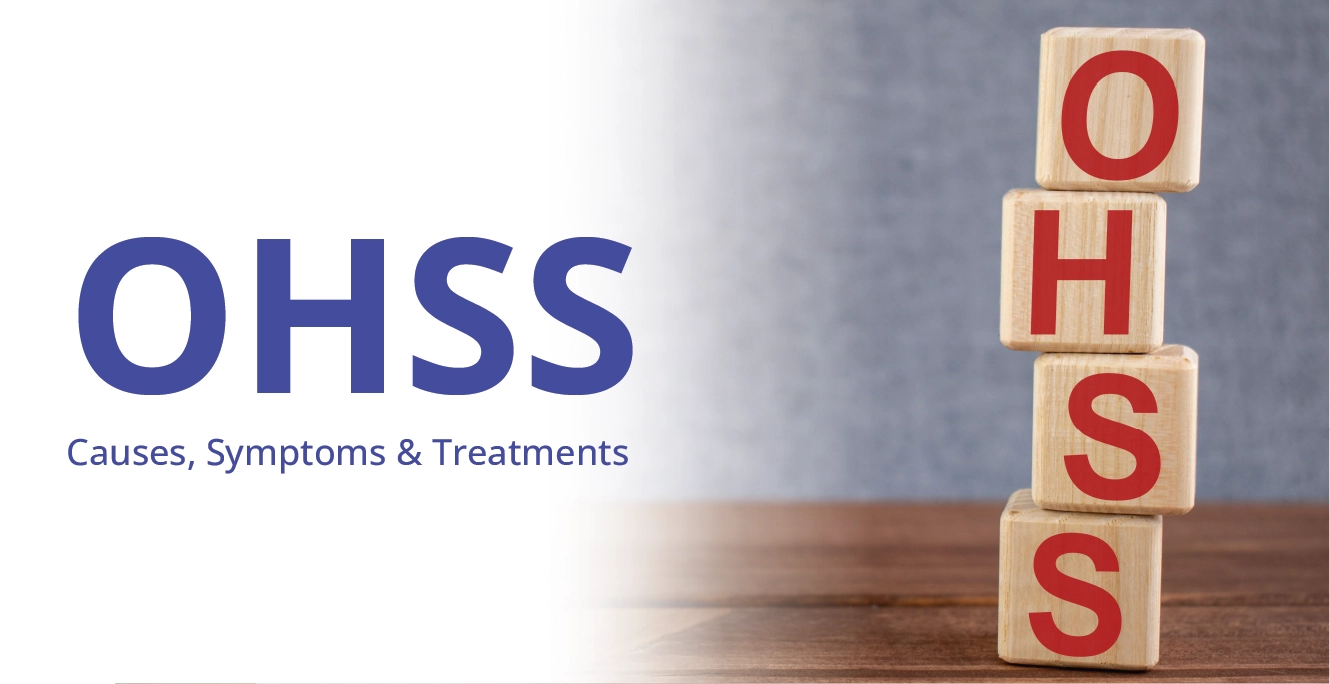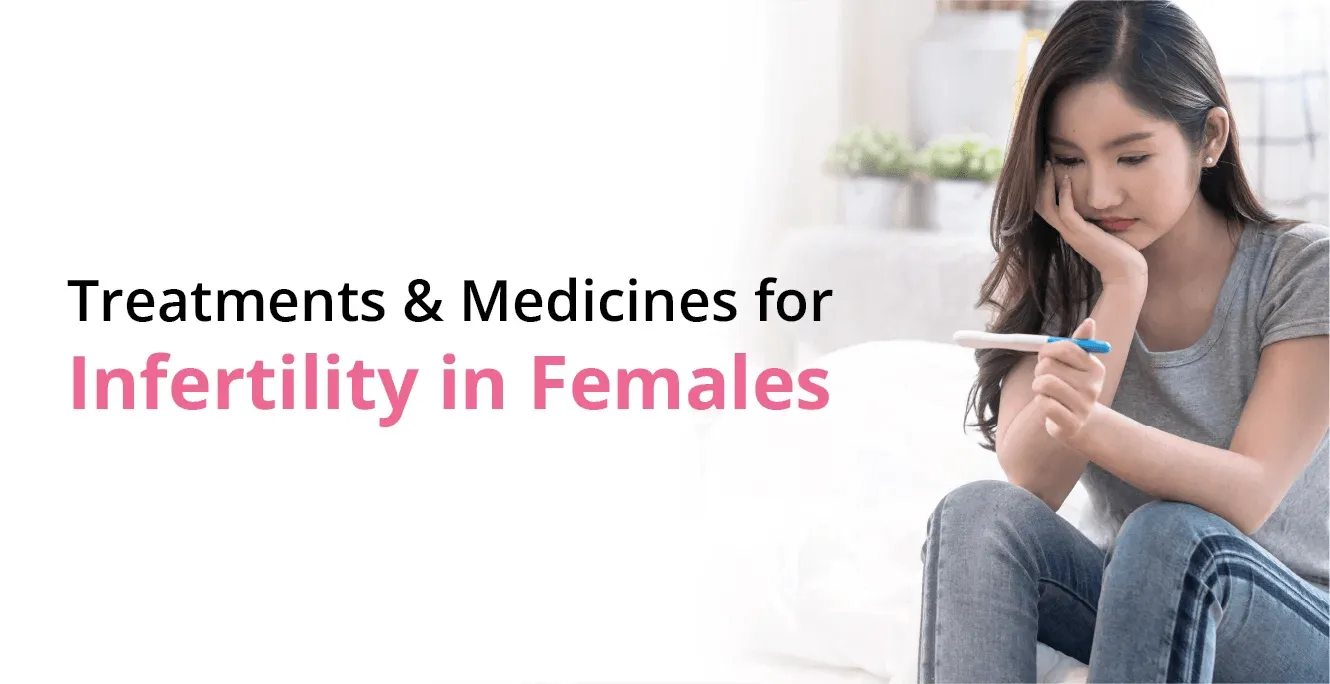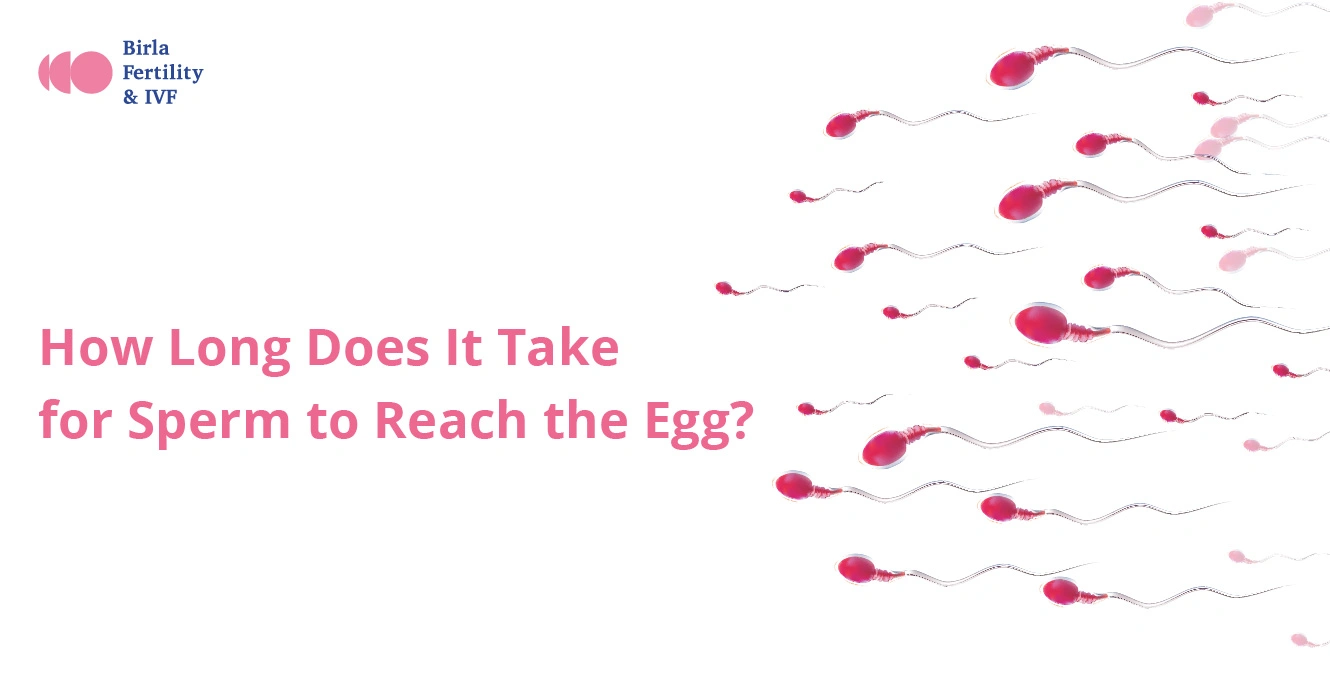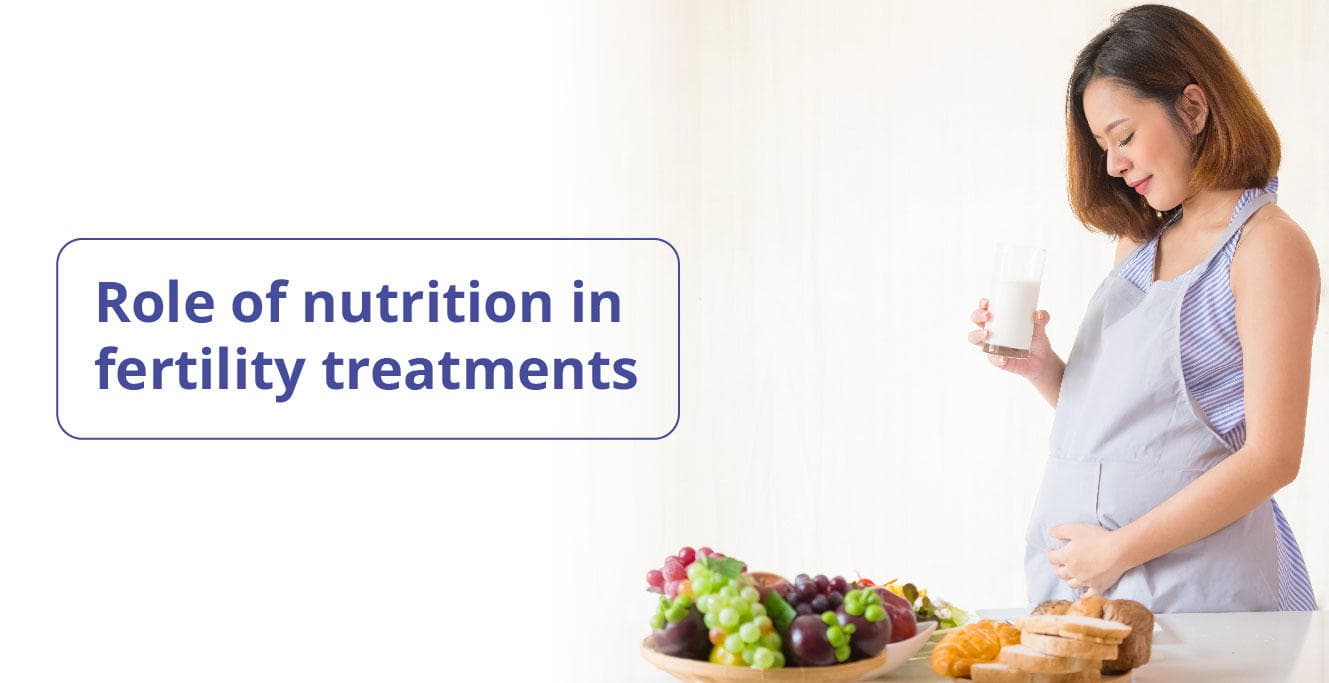
Role of Nutrition in Boosting Fertility

Table of Contents
Quick Highlights
- Good reproductive health is essential for couples undergoing fertility treatments, as it directly impacts the success of conception and pregnancy.
- Nutrition plays a vital role in supporting reproductive health by balancing hormones, improving egg and sperm quality, and enhancing overall well-being.
- A balanced diet rich in complex carbs, proteins, and healthy fats helps regulate insulin levels, supports hormone production, and boosts fertility outcomes.
- Key nutrients like folate, iron, zinc, and vitamin D are essential for fetal development, blood formation, and hormone regulation, while antioxidants protect against oxidative stress.
- Staying hydrated, avoiding harmful foods like raw meat, alcohol, and caffeine, and including omega-3 fatty acids further improve the chances of successful fertility treatment.
Embarking on a journey towards parenthood can be a transformative and hopeful experience. For couples seeking fertility treatments, various factors come into play, including medical interventions, emotional support, and lifestyle choices. Among these, nutrition plays a necessary role in optimizing fertility and increasing the chances of successful fertility treatments. In this article, we will cover how important nutrition is in fertility treatments and discuss key dietary considerations for individuals and couples on this path.
Does Nutrition Impact Fertility?
- Yes, nutrition does impact your fertility and overall health.
- It is well-established that a healthy diet is essential for overall well-being, but its significance becomes even more pronounced when it comes to fertility and its treatments.
- Proper nutrition provides the body with essential nutrients, vitamins, minerals, and antioxidants that support hormonal balance, reproductive function, and overall reproductive health.
- Good nutrition can positively impact fertility outcomes by optimising ovulation, enhancing sperm quality, improving the uterine environment, and boosting the chances of successful implantation.
Why is a Balanced Diet Important for Fertility?
Adding a balanced diet to your routine is crucial for individuals and couples undergoing fertility treatments. Here are some vital components to consider to boost fertility and the result of fertility treatments:
Ensure Your Diet Includes a Proper Balance of Macronutrients
- What you eat should have a proper balance of carbohydrates, proteins, and fats.
- Complex carbohydrates, found in whole grains, fruits, and vegetables, provide a steady release of energy and help regulate insulin levels in the body.
- High-quality proteins, such as lean meats, fish, legumes, and dairy products, are essential for the production of reproductive hormones, which will increase the probability of successful fertility treatment.
- Healthy fats, including avocados, nuts, and olive oil, are important for hormone production and the absorption of fat-soluble vitamins.
Vitamins and Minerals Play a Key Role in Fertility and Its Treatments
- For a healthy pregnancy journey, one needs to focus on foods rich in folate, iron, zinc, and vitamin D.
- Folate-rich foods like leafy greens, lentils, and citrus fruits are essential for early fetal development.
- Iron supports blood formation, and sources include lean meats, spinach, and beans.
- Zinc-rich foods, such as oysters, pumpkin seeds, and whole grains, are crucial for reproductive organ development and hormone regulation.
- Vitamin D, found in fatty fish, eggs, and fortified dairy products, helps improve fertility outcomes.
Benefits of Antioxidant-Rich Diet
- Antioxidants protect the body from oxidative stress, which can have damaging effects on fertility and its treatment outcomes.
- Fruits and vegetables like berries, citrus fruits, tomatoes, and leafy greens are rich in antioxidants such as vitamins C and E, beta-carotene, and selenium.
- Including these foods in your diet may improve sperm quality and reduce the risk of miscarriage.
Benefits of Omega-3 Fatty Acids
- Omega-3 fatty acids have been linked to improved fertility in both men and women.
- They help maintain reproductive hormones, reduce inflammation, and support a healthy uterine lining for better fertility treatment results.
- Rich sources include fatty fish (salmon, mackerel), walnuts, chia seeds, and flaxseeds.
Stay Hydrated
- Staying properly hydrated is often overlooked but is crucial for fertility.
- Water helps maintain cervical mucus production, supports blood circulation, flushes toxins from the body, and ensures the optimal functioning of reproductive organs.
- Experts suggest that one should aim to drink at least eight glasses of water per day and avoid excessive consumption of sugary beverages.
A Few More Tips That Can Help!
- Avoiding excessive alcohol consumption and smoking and reducing stress levels are essential for optimising fertility outcomes.
- A positive outlook helps to support good mental health, and a healthy diet helps to maintain good well-being.
- The body’s production of hormones in both sexes, semen in males, the quality and quantity of eggs in females, and other elements are all maintained by a healthy diet. Because of this, specialists constantly recommend eating healthily and emphasise how important this is during fertility treatment.
Are you planning to undergo fertility treatment and need expert advice? Call us to get the best-suited personalised fertility plans. Or, book your appointment for a free consultation with our expert today.
FAQs:
What Food Items Should I Avoid While Undergoing Fertility Treatments?
It is important to keep a check on your diet if you are undergoing fertility treatments. Some of the food items you can add to your diet:
- Lean meat
- Low-fat dairy products
- Whole grains
- Citrus fruits
- Seasonal vegetables, etc.
What Food Items to Avoid During IVF Treatment?
An unhealthy diet and food items can directly impact the outcome of fertility treatments. Therefore, it is necessary to follow all the guidelines given by your doctor. The following food items can affect fertility treatment negatively:
- Seafood
- Excessive consumption of caffeine
- Refined sugar
- Raw eggs
- Alcohol
- Carbonated drinks
What Food Items to Avoid During IVF Treatment?
Papaya contains pepsin and papain. And a few studies support that the intake of papaya during fertility treatments can expose you to the risk of miscarriages and may hinder the growth of fetal development. Therefore, it is suggested that you avoid the consumption of papaya if you are undergoing any fertility treatment.
Which Food Should I Avoid After Embryo Transfer?
A proper and nutrition-enriched diet increases the chances of better fertility treatment outcomes. Therefore, it is always advisable to eat a healthy diet and, to boost your implantation result, avoid some food items such as:
- Fatty and excessively oily food
- Leftovers
- Raw or semi-cooked meat
- Seafood
- Papaya
- Spicy food
Our Fertility Specialists
Related Blogs
To know more
Birla Fertility & IVF aims at transforming the future of fertility globally, through outstanding clinical outcomes, research, innovation and compassionate care.
Had an IVF Failure?
Talk to our fertility experts

 Our Centers
Our Centers





